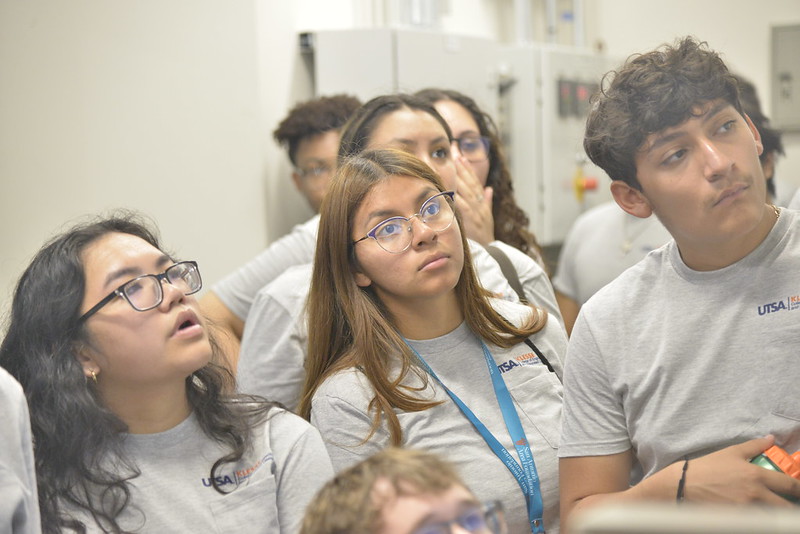
Hard Hat Ceremony: Fall 2025
“Never allow circumstances to compromise your convictions. Lead with safety and integrity. Keep learning and innovating. And always focus on building people — not just projects.” Many thanks to Representative John Lujan for being an inspirational keynote speaker for this special occasion.
Birds up, Roadrunners!
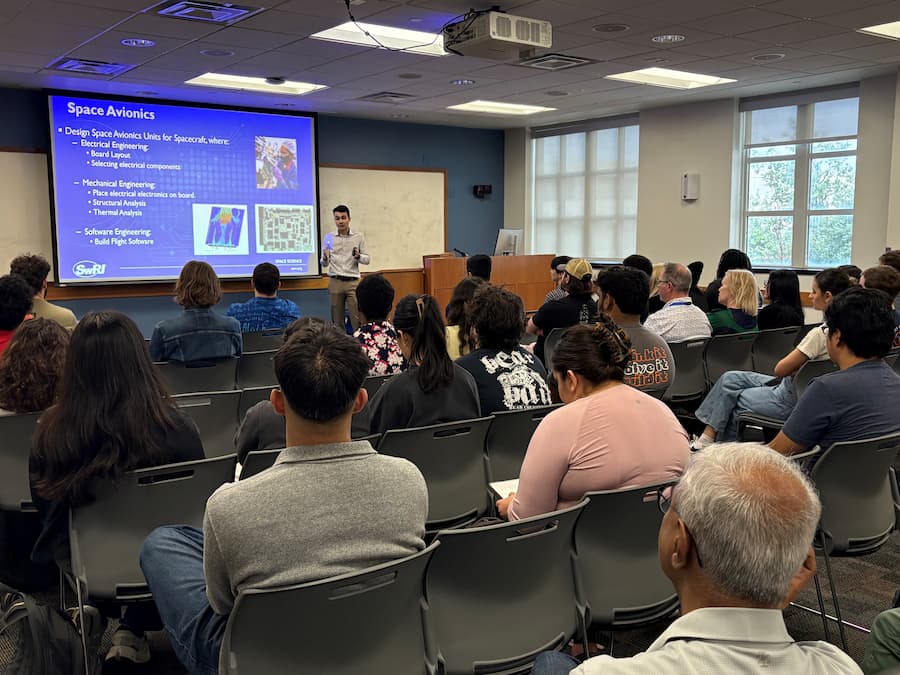
Professional Development Opportunities 2025 Wrap-Up
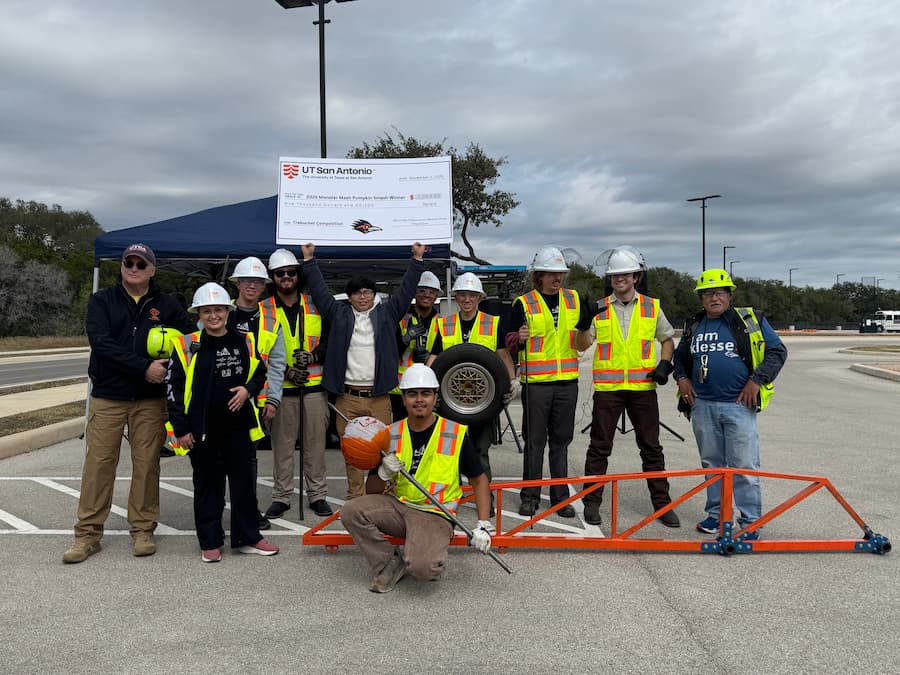
Around Campus: 2025 Pumpkin Smash
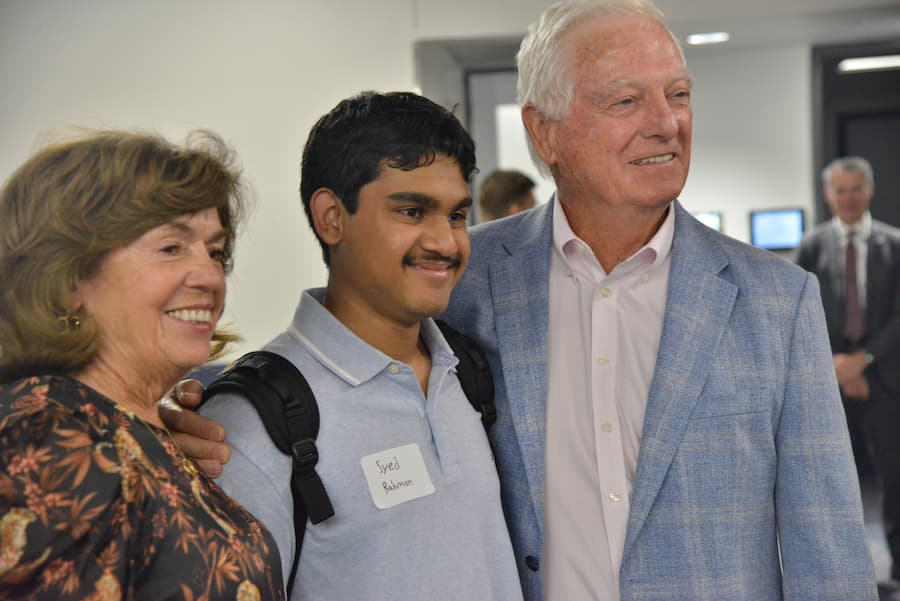
Klesse Scholars Luncheon 2025
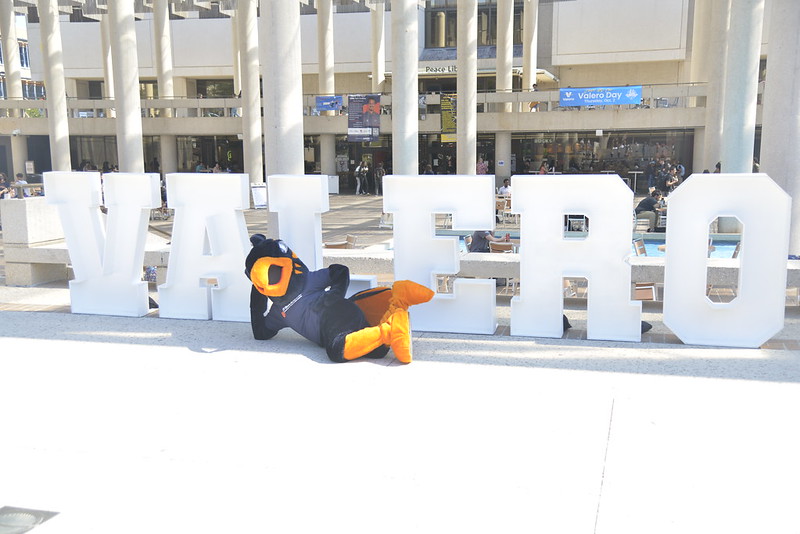
Valero Day at Klesse College
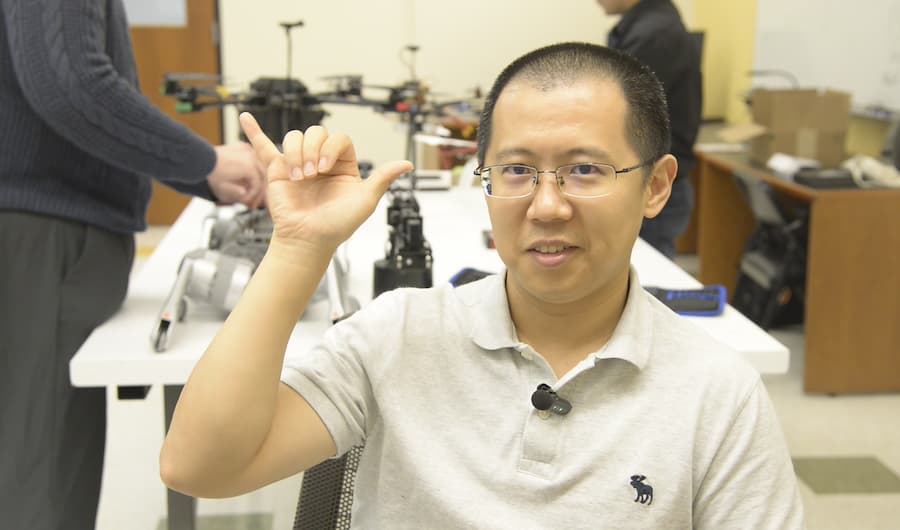
Klesse College Field Trips: RISE Lab
Through the Field Trip series, we have been able to get a closer look at many of the extraordinary labs housed within the halls of Klesse College. Today, we are covering an electrical engineering lab that seeks to dive deep into and explore the Internet of Things (IoT). Join us on another exciting field trip as we look at the RISE Lab run by Professor Chen Pan.
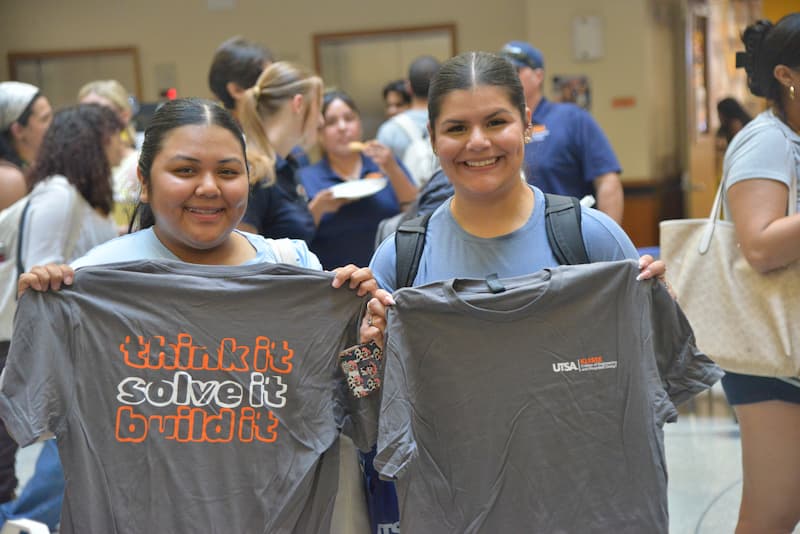
Back to School Bash | Fall 2025
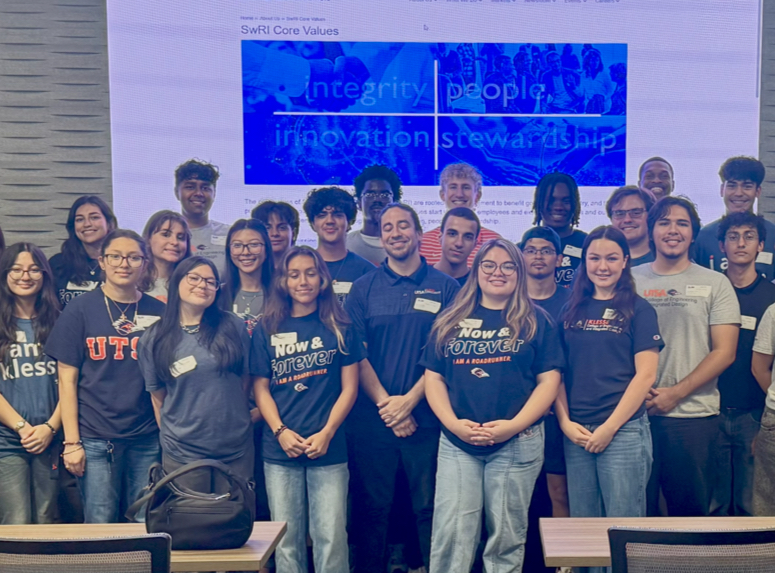
A Day at SwRI with Klesse College
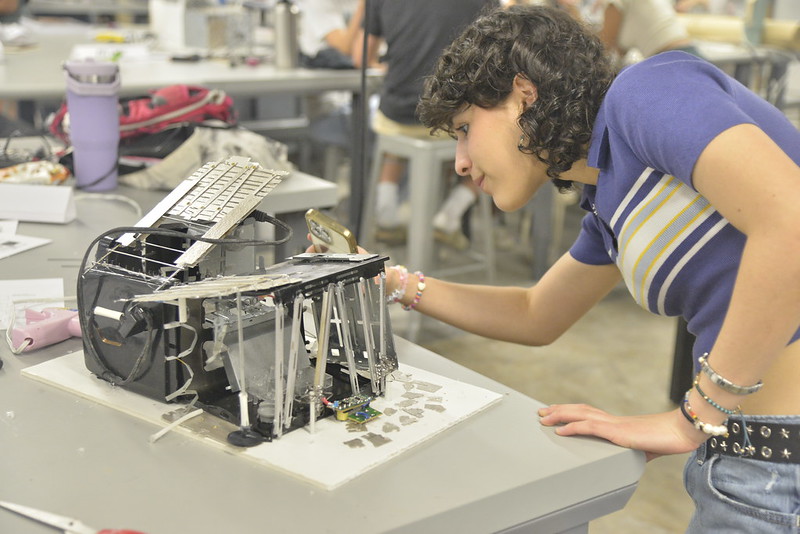
Summer Camps
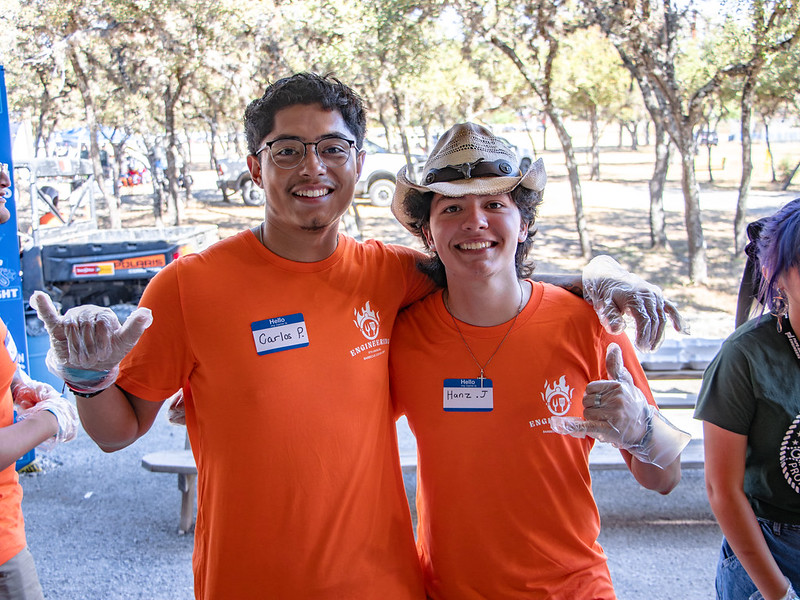
Engineering BBQ
Founded in 2014 through a collaboration between the UTSA student chapters of the American Society of Civil Engineers (ASCE) and the Institute of Transportation Engineers (ITE), the Annual Engineering BBQ Cook-Off has grown into a flagship, multidisciplinary fundraiser that unites the entire Klesse College engineering community. The event brings together students from the American Society of Civil Engineers (ASCE), American Society of Mechanical Engineers (ASME), Institute of Transportation Engineers (ITE), Engineers Without Borders (EWB), American Institute of Chemical Engineers (AIChE), and American Institute of Aeronautics and Astronautics (AIAA) for two days of cooking, networking, and friendly competition.
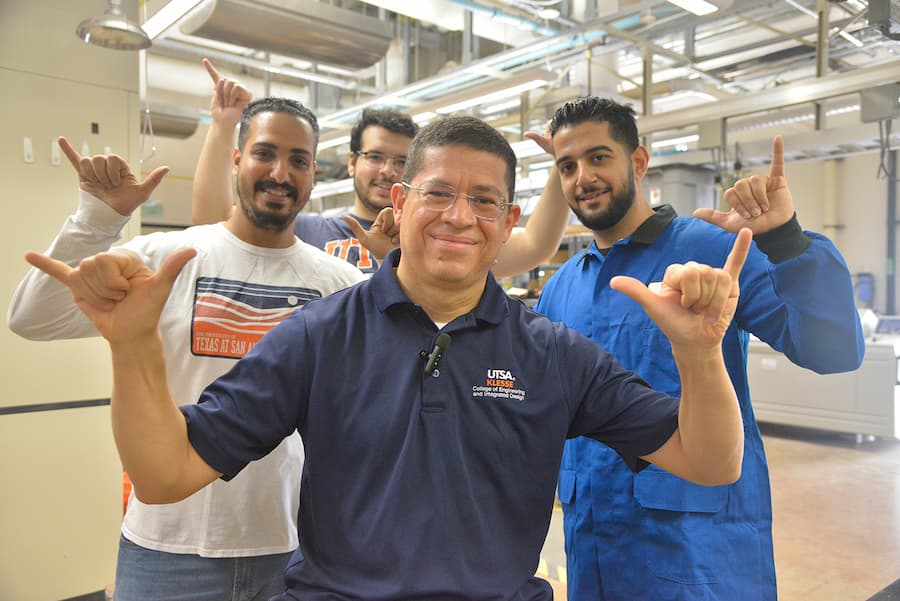
Klesse College Field Trips: Geomaterials Lab at UTSA
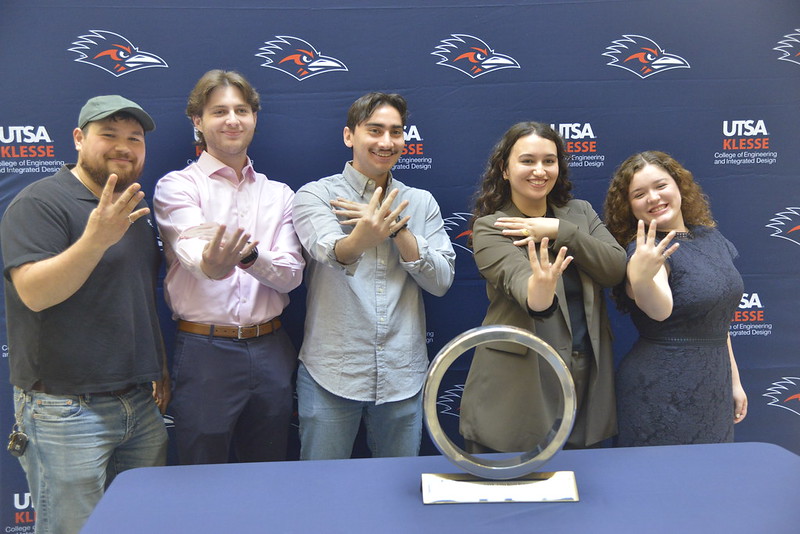
Order of the Engineer | Spring 2025
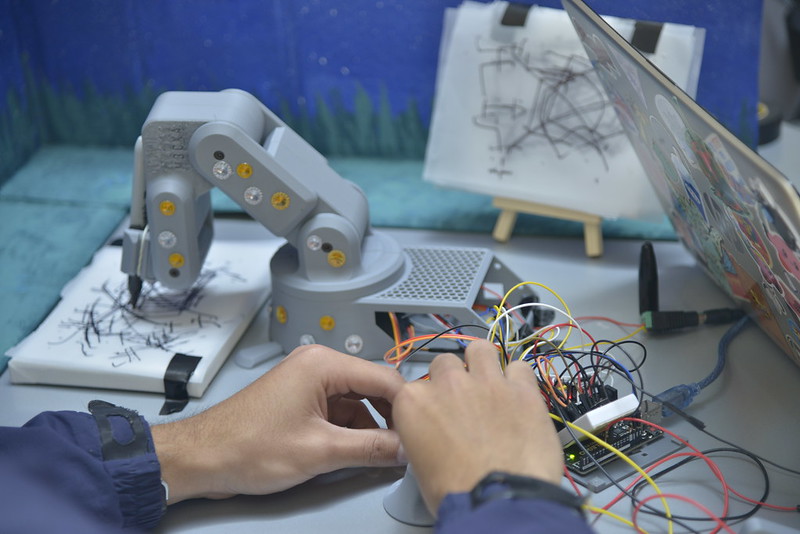
Robotics in Art
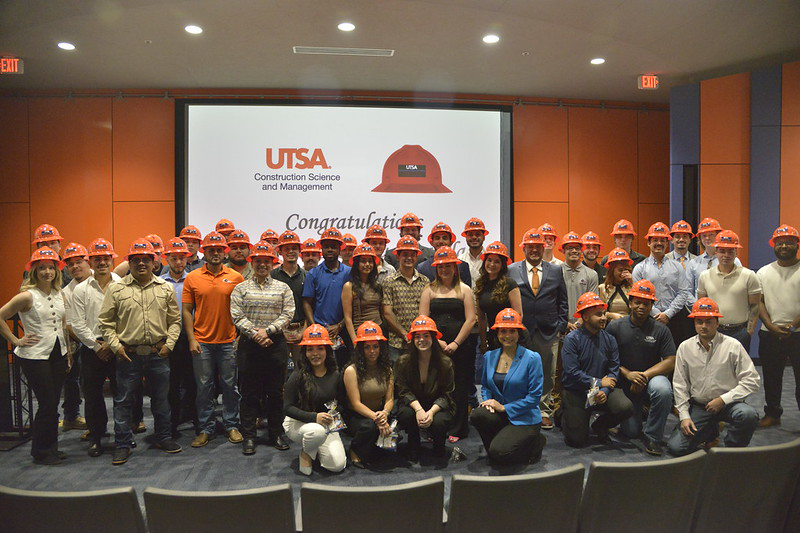
Hard Hat Ceremony Spring 2025
The Hard Hat Ceremony has become a proud tradition for Construction Science and Management graduates at Klesse College. This spring, the Class of 2025 celebrated their accomplishments surrounded by classmates, faculty, and industry leaders. Each student received a bright orange hard hat—a lasting symbol of their hard work, perseverance, and commitment to the construction field. With remarks from guest speakers and inspiring messages from professionals in the industry, the ceremony offered a meaningful moment of reflection on the journey through the program. Klesse College is proud to honor these graduates and looks forward to the impact they will make as future leaders in construction.
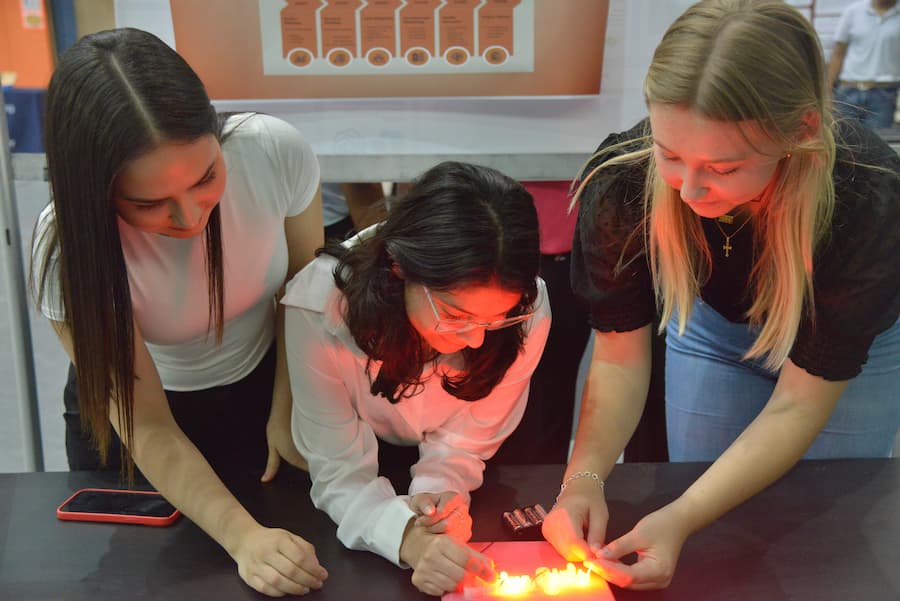
EPICS Showcase
The UTSA EPICS Showcase was a resounding success, featuring 88 innovative engineering projects presented by approximately 200 first-year students from every major engineering discipline. The projects highlighted real-world problem solving through 3D design and printing, software-hardware integration, robotics, and more. This showcase not only celebrated the culmination of two semesters of hard work but also gave students the opportunity to present their ideas to industry professionals, faculty, and the community.
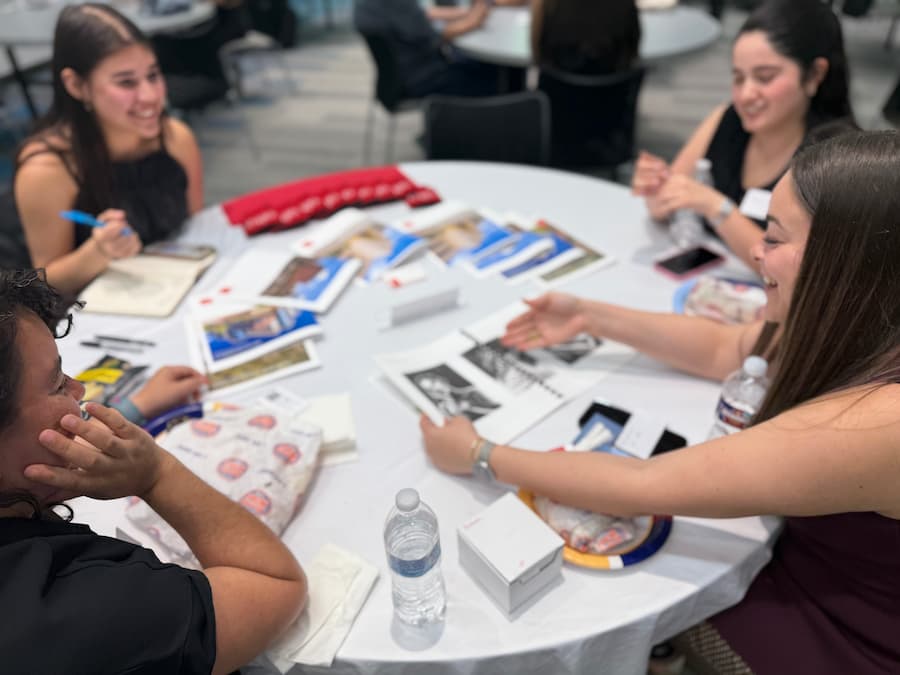
Design Week | Spring 2025
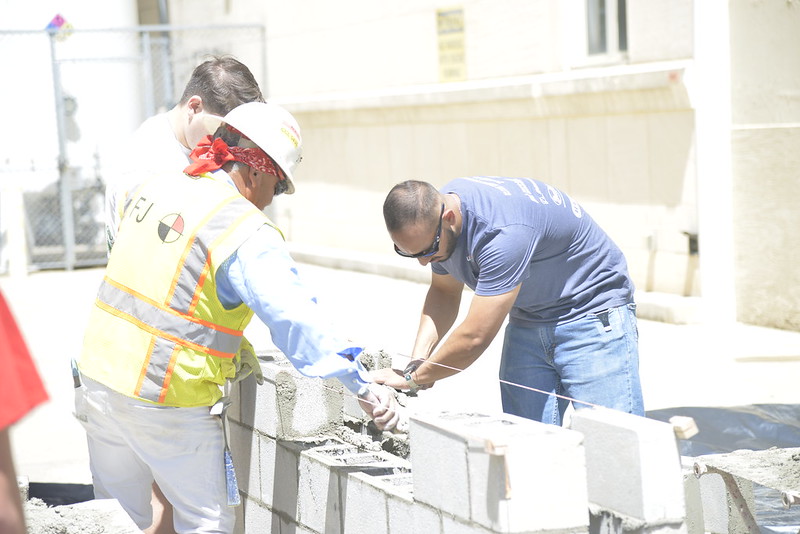
UTSA Masonry Day 2025
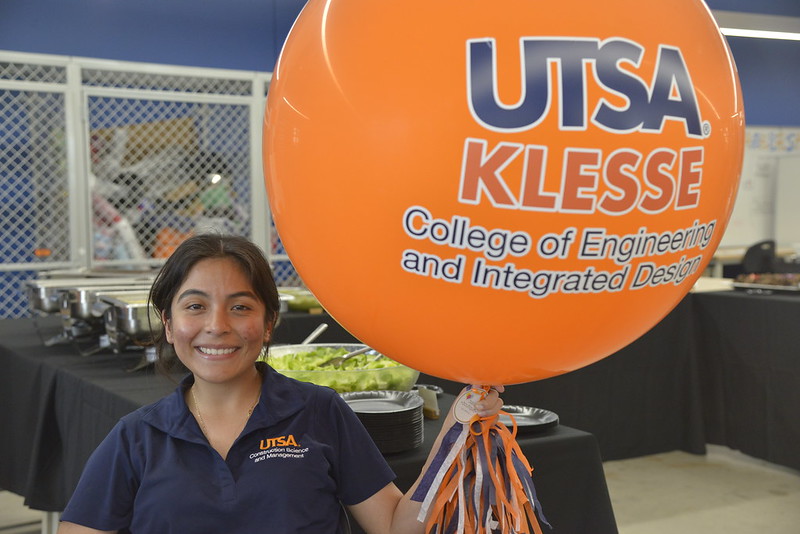
Innovista 2025
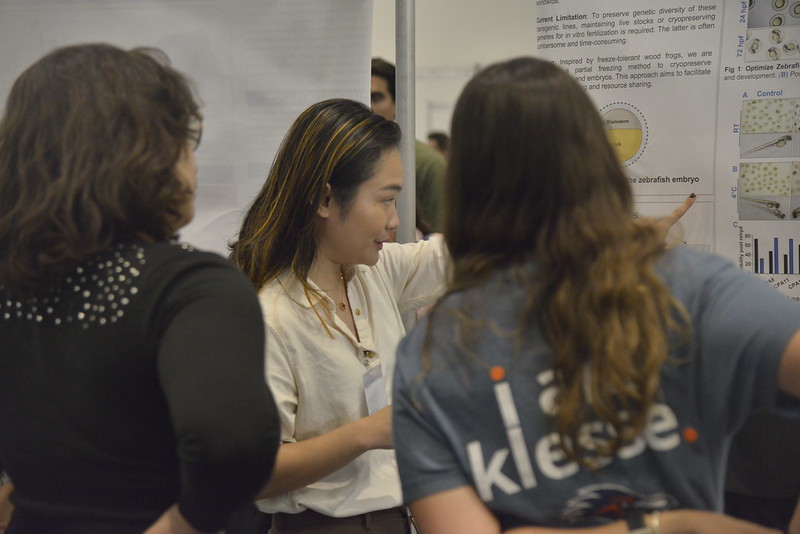
12th Annual BMES/AIChE Research Symposium
The 12th Annual BMES/AIChE Research Symposium was an exciting opportunity for UTSA's biomedical and chemical engineering community to come together and share their work. The symposium featured research poster sessions from undergraduate, graduate, and BME Senior Design II students. Through this event, students were able to connect, collaborate, and network with their peers, industry professionals, and academic leaders.
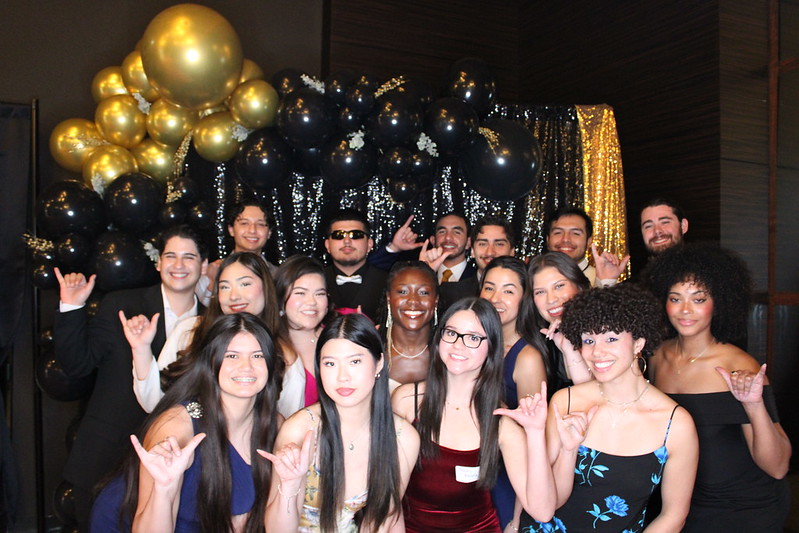
E-Week | Spring 2025
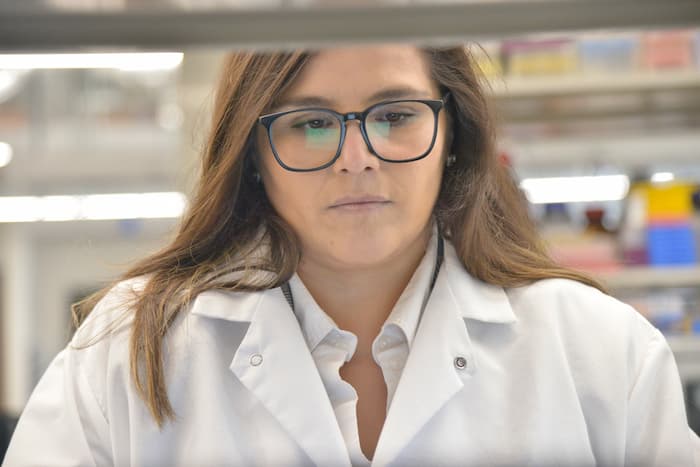
Field Trips: Macromolecular Biointerfaces Laboratory
There are many labs across the Klesse College of Engineering and Integrated Design, all filled with amazing projects and the extraordinary people who bring them to life. The Klesse College Field Trips series is dedicated to highlighting the work conducted in these labs, and so we are excited to share yet another fascinating lab. Join us as we explore Gabriela Romero Uribe’s Macromolecular Laboratory.
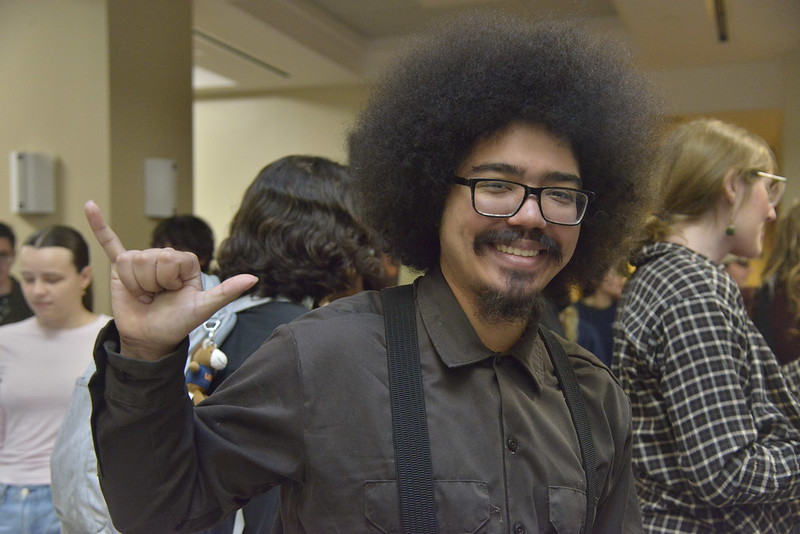
Back to School Bash | Spring 2025
After a lengthy winter break, Klesse College hosted its Spring 2025 Back to School Bash, an event celebrating the beginning of the new academic semester. Tables showcasing student organizations, helpful campus resources, and enthusiastic Klesse College students excited to connect with their peers filled the room, providing students with countless opportunities as they embark on another exciting semester.
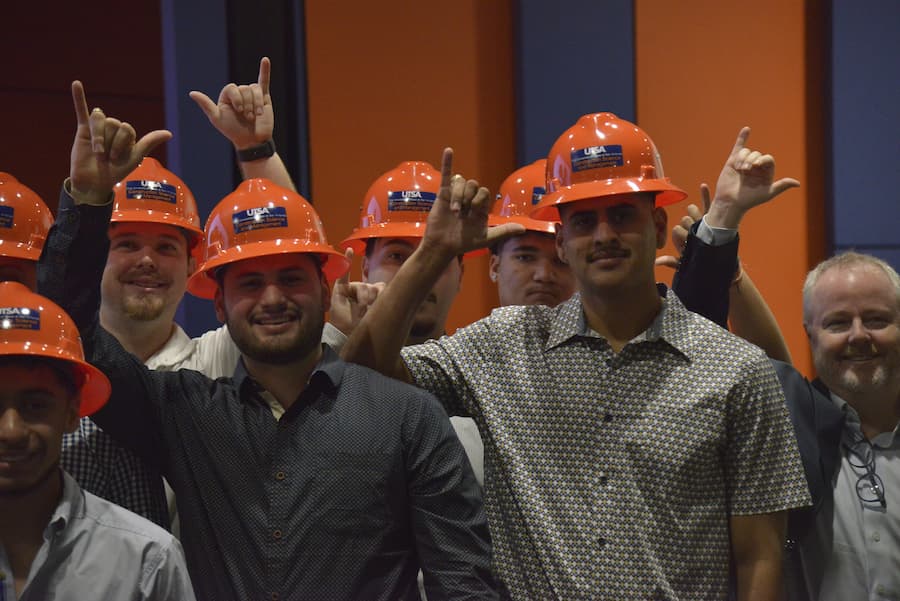
Hard Hat Ceremony | Fall 2024
Ever since the first Hard Hat Ceremony in Fall 2022, the event has become a landmark tradition for all Construction Science and Management graduates. The recent Fall 2024 ceremony was a tremendous day for all the graduates, as they received their bright orange hard hats, a symbol of all their hard work and prowess in the construction industry. Klesse College is honored to recognize all of the efforts and dedication of these hardworking students and is excited to see where their futures take them.
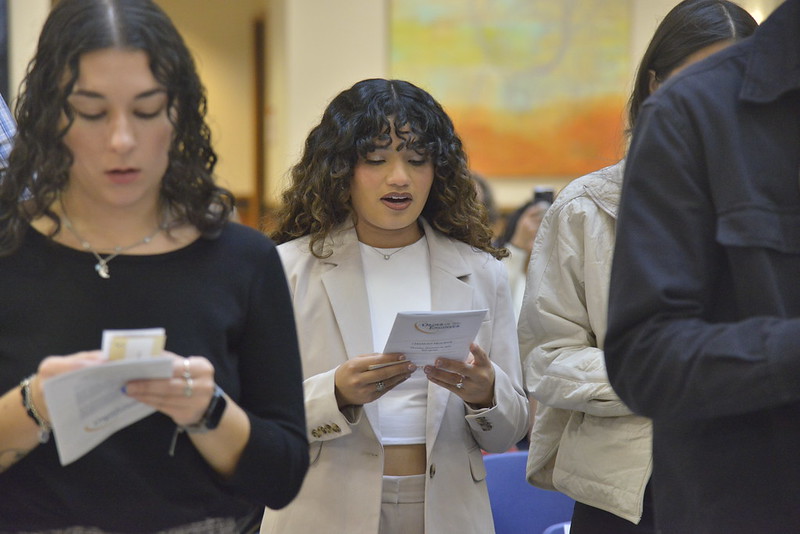
Order of the Engineers Ring Ceremony | Fall 2024
Following the inaugural Order of the Engineer Ring ceremony on June 4th, 1970, many colleges, UTSA’s Klesse College included, have embraced the tradition, and made it a staple experience in all engineering student’s journeys. As part of the ceremony, the students are asked to accept the Obligation of the Engineer and with it, the stainless steel ring, which symbolizes the oath to help humanity while being mindful of the Earth and its natural resources. UTSA Engineering Fall 2024 graduates recently participated in this monumental milestone, providing them with a profound experience they will not forget well into their adult lives.
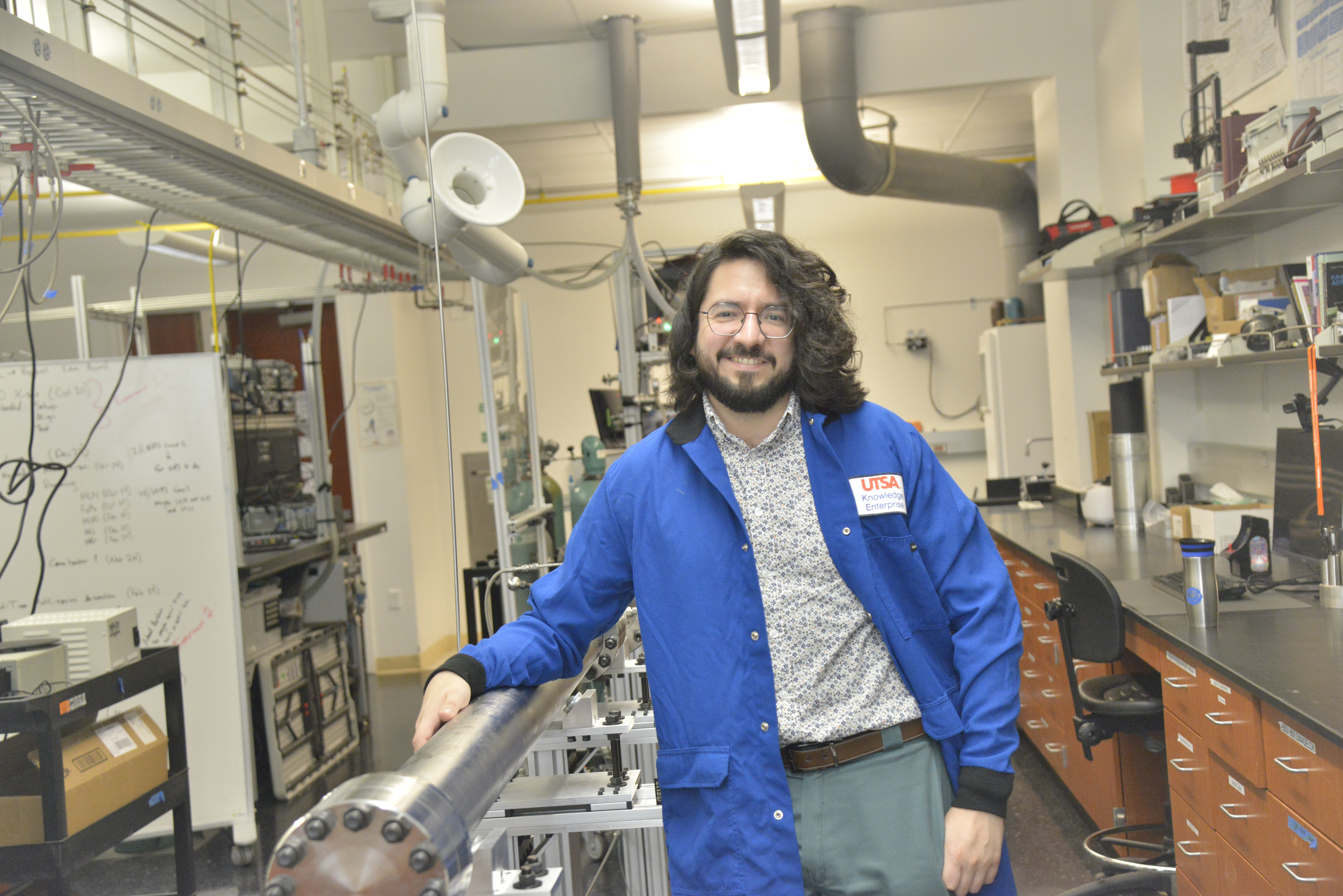
Field Trip: Laser Spectroscopy and Chemical Propulsion Laboratory
Klesse College of Engineering and Integrated Design features numerous revolutionary labs, exciting projects, and innovative teams across campus, and the Klesse College Field Trips series is dedicated to uncovering these fascinating stories and showcasing the remarkable work taking place. Join us on a field trip as we explore Dr. Daniel Pineda’s Laser Spectroscopy and Chemical Propulsion Laboratory.
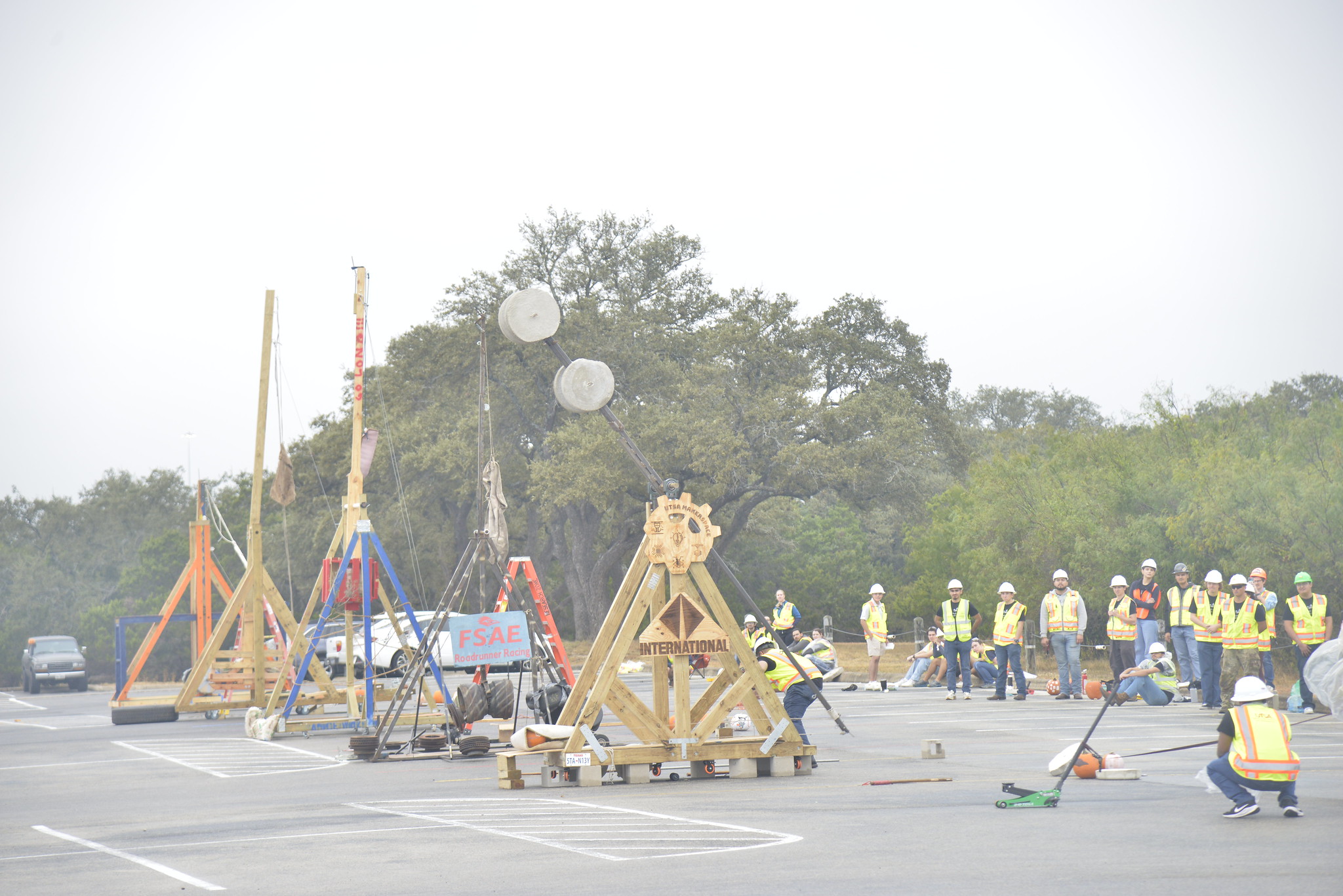
Monster Mash Pumpkin Smash 2024
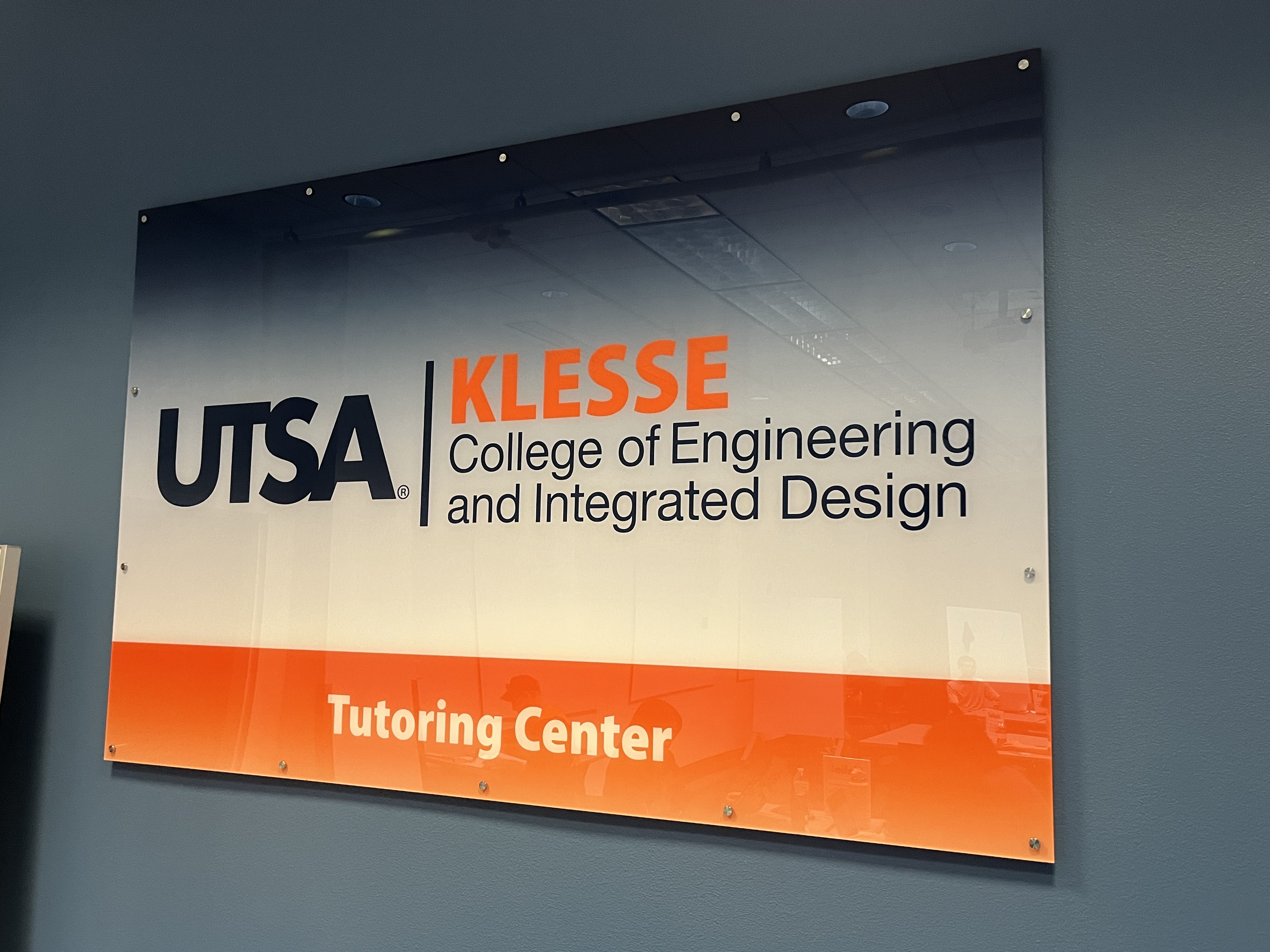
Klesse College Unveils New Tutoring Center
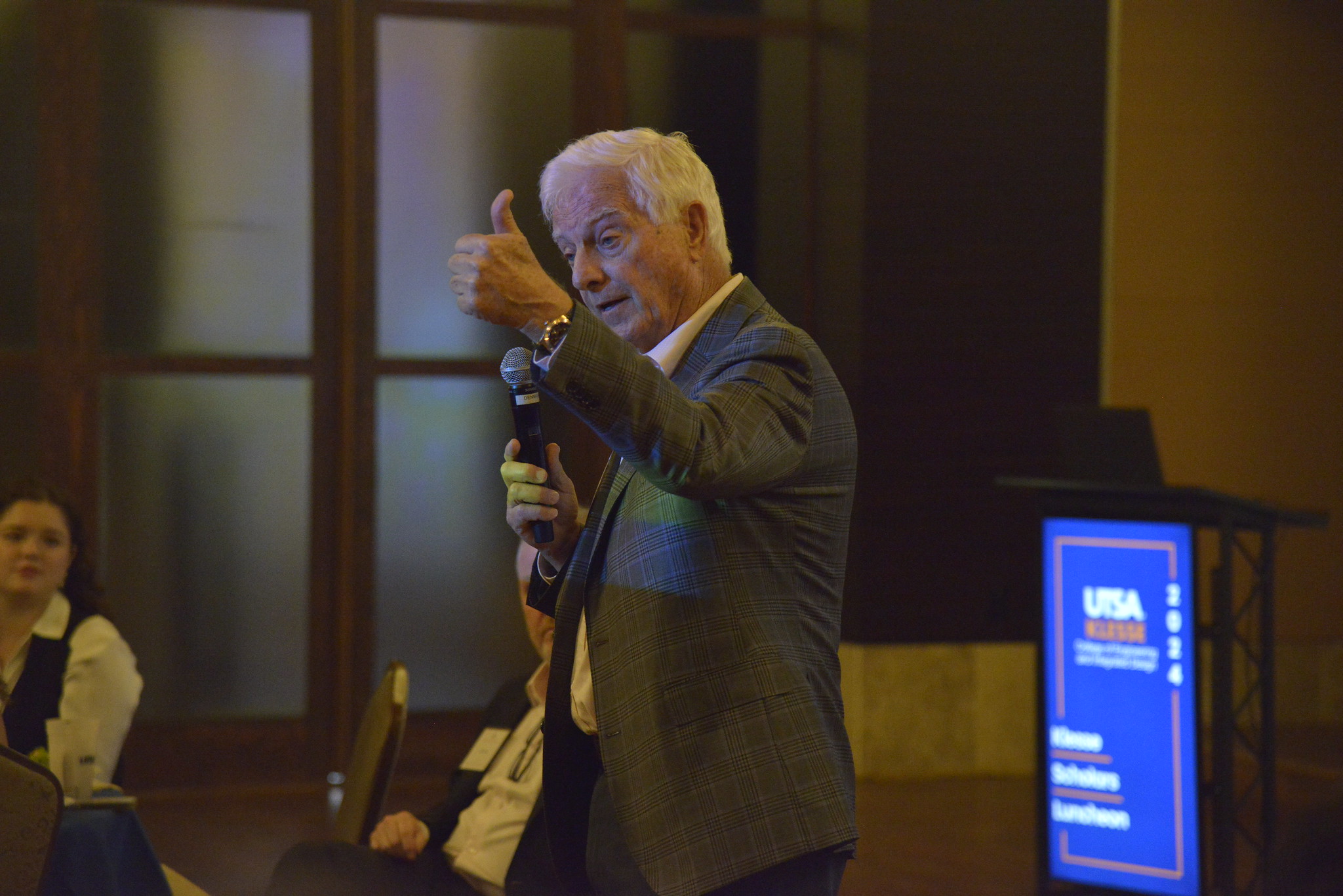
Klesse Scholars Luncheon
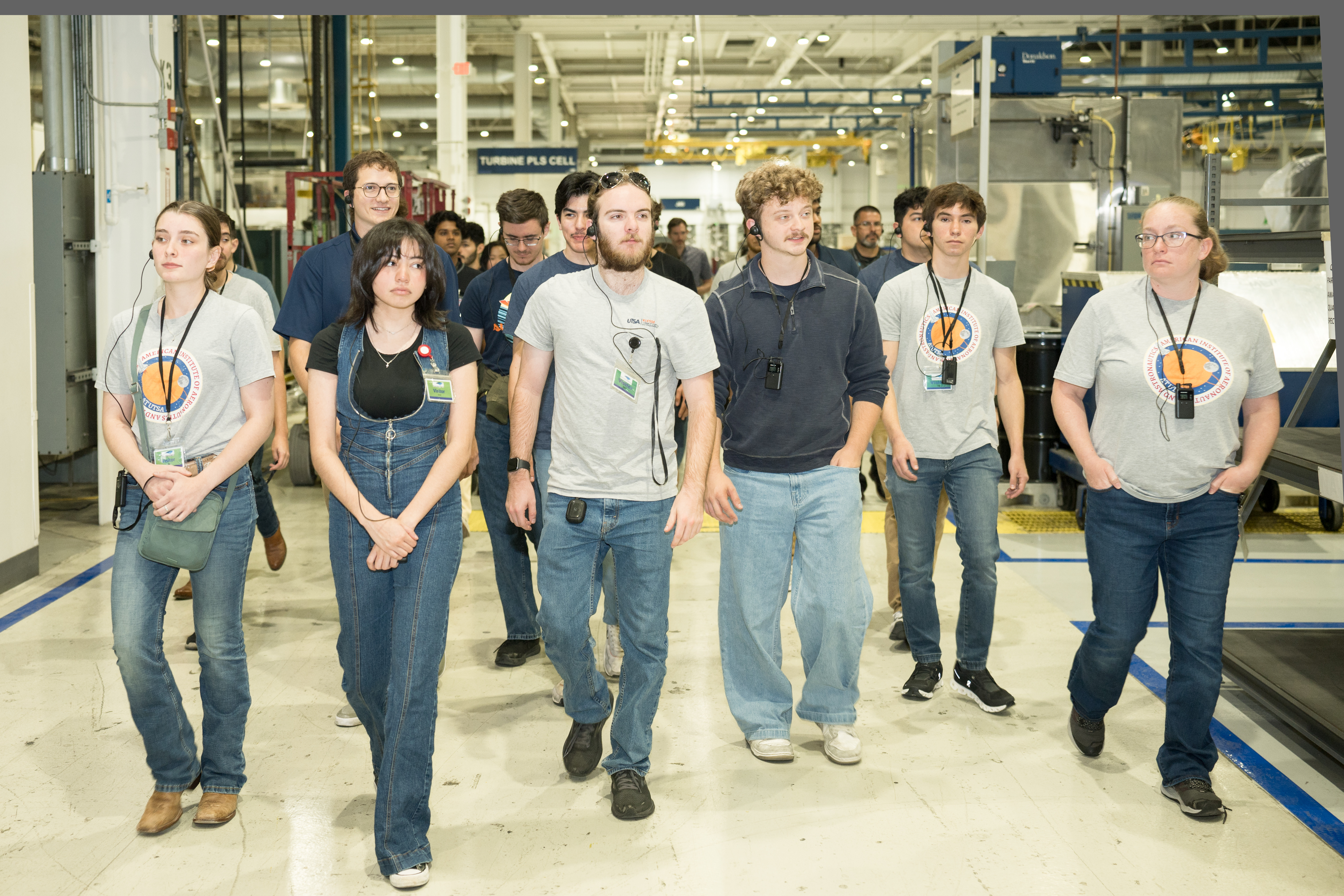
UTSA Students Visit Port San Antonio and StandardAero
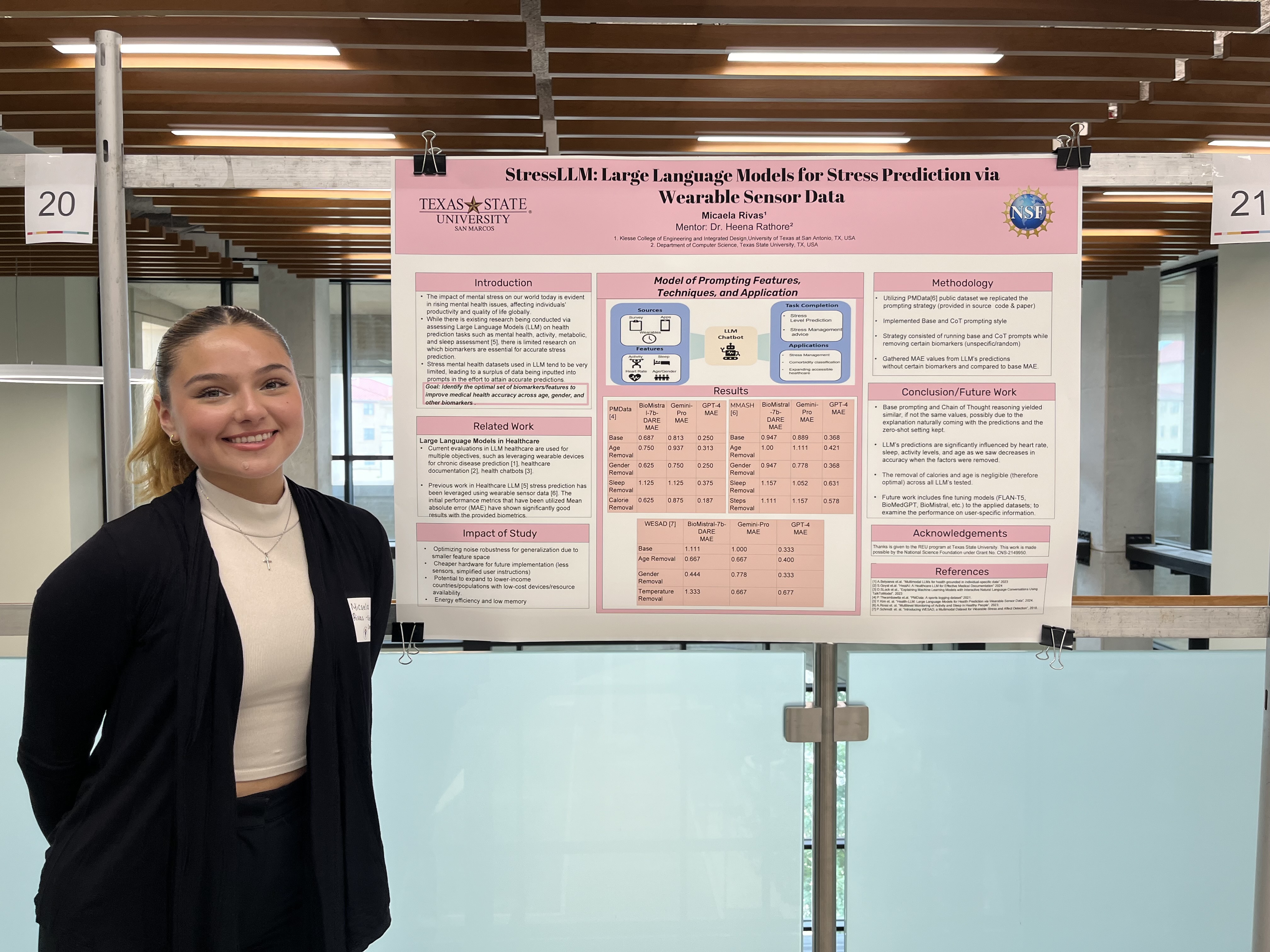
All About Internships
In the last year, many Klesse College students participated in a diverse range of unique and exciting internships, gaining invaluable experience in their respective fields. From leading organizations such as Navistar, Massachusetts Institute of Technology, and NASA, to global companies like Valero, PepsiCo, and Boeing, the interns held various positions, familiarizing themselves with both emerging and established industries. Klesse College proudly recognizes the achievements of these interns and encourages all students to pursue their own future internships, experiences, and opportunities.
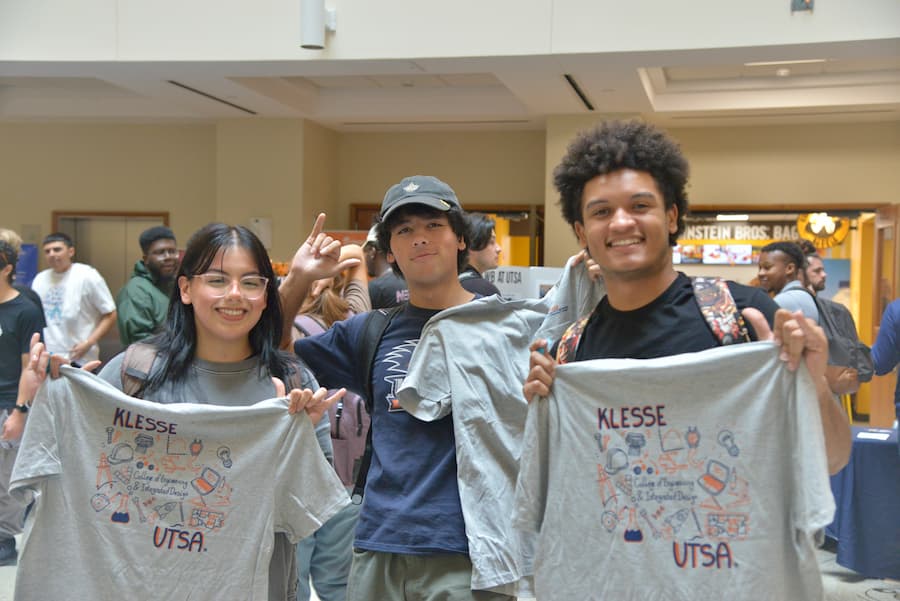
Back To School Bash
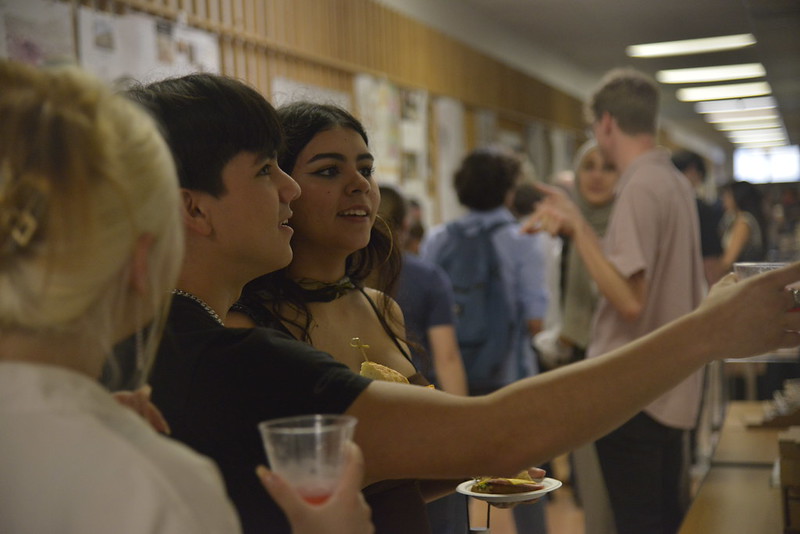
Spring 2024 Architecture Open House
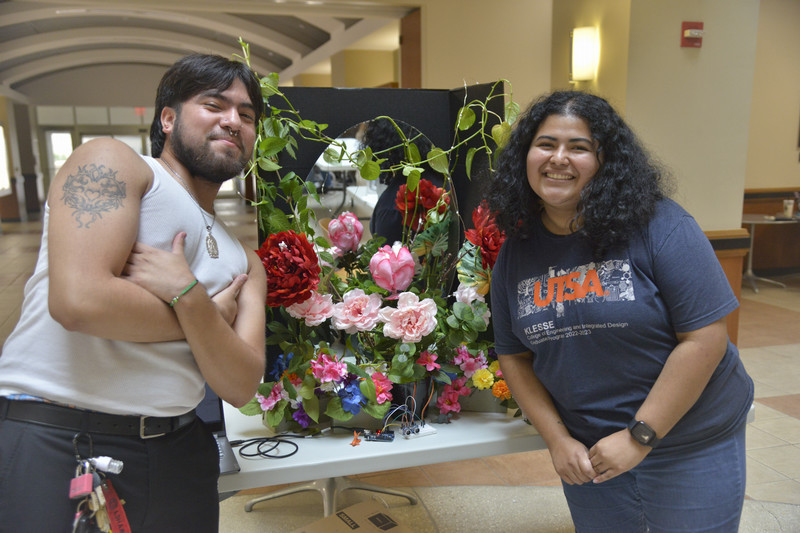
RoboArt Exhibit
Mechanical Engineering students from the Arts in Robotics Course and the Fundamentals of Robotics Course presented their final projects at the first ever RoboArt Exhibition at UTSA. Student’s engineered various different projects showcasing both their artistic talent and robotics knowledge. Each presented a real-time demonstration from the student engineer that displayed the robotic aspect of their installation.
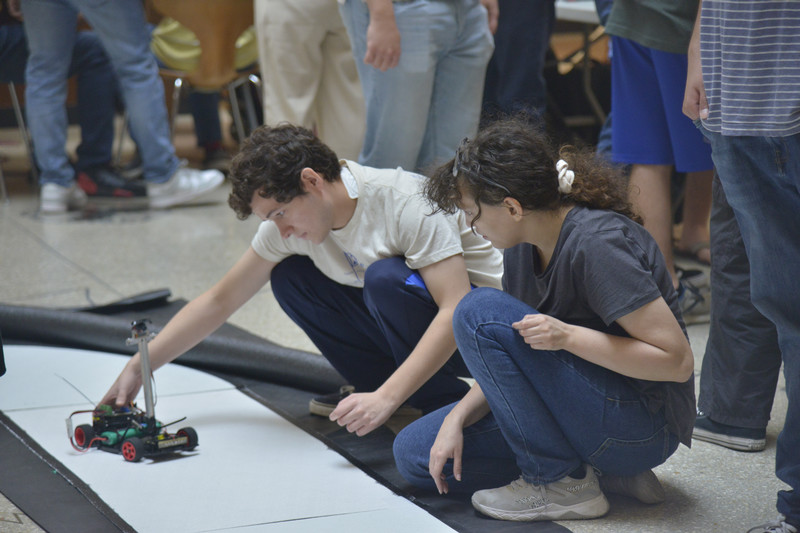
Autonomous Model Car
As part of their Microcomputer Systems II Course, Electrical Engineering and Computer Engineering students were tasked with writing an algorithm enabling their model car to drive around the track entirely independently. Using a camera and the students’ codes, the autonomous cars could scan the lines on the track and follow them to complete the course. Sixty-six students competed in twelve different teams against each other for the fastest track completion time.
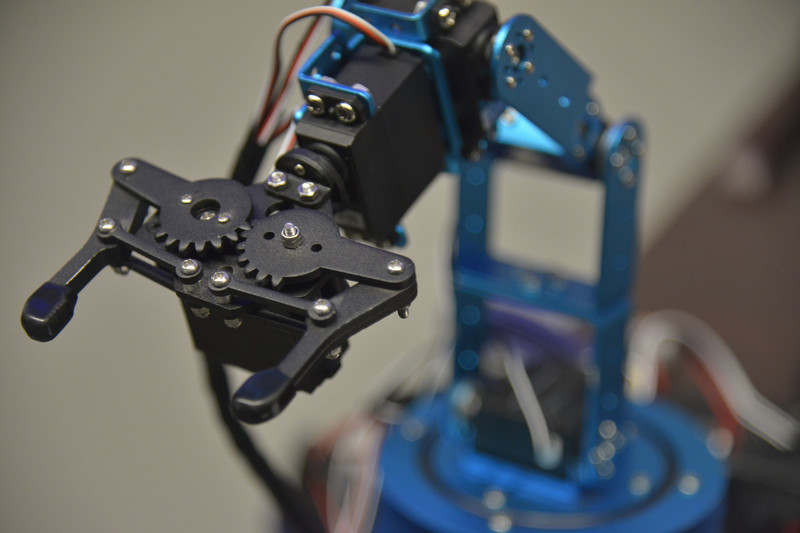
EPICS Senior Projects
Upperclassmen students participating in the EPICS Program had the opportunity to present their senior projects encompassing years of hard work to their respective community partners. Two groups developed early prototypes of autonomous litter-removal bots for the Maverick Creek area and another group engineered a machine for the San Antonio Zoo that helped simulate natural feeding habits for their anteaters. Projects like these demonstrate the creativity and ingenuity of the EPICS students as they continue to use their knowledge and skills to help local communities.
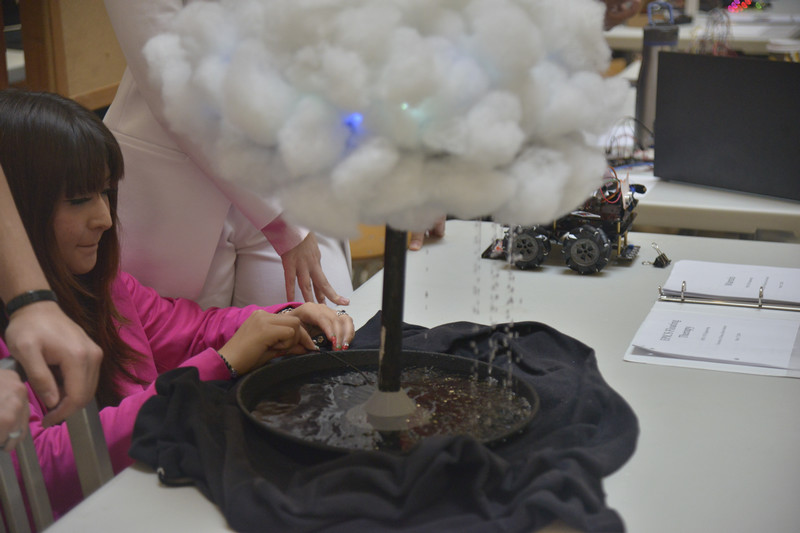
EPICS Project Display and Robot Competition
After two semesters of hard work, freshman teams participating in the EPICS Program were able to showcase their team’s projects to visiting professionals and organizations. Each team developed a project that could be used for the betterment of the community as well as a robot to participate in the following robot competition. The United States AIR Force was one of the visiting organizations that was able to see firsthand these students' creativity and technical skills.

